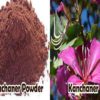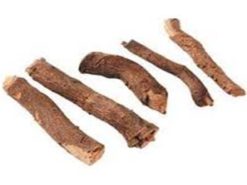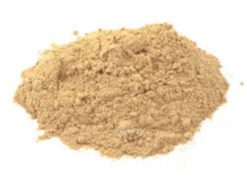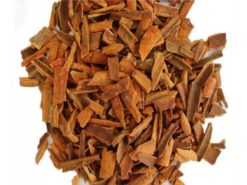Kalmegh (Andrographis paniculata )
50.00 – 170.00
Kalmegh is reported to possess antihepatotoxic, antibiotic, antimalarial, antihepatitic, antithrombogenic, anti-inflammatory, anti-snake venom, and antipyretic properties, besides its general use as an immunostimulant agent. Study at Bastyr University, confirms the anti-HIV activity of andrographolide. Clinical studies in China found that Kalmegh prevents the formation of blood clots and that use of the herb prevents restenosis, or “reclogging,” of arteries after angioplasty. Extracts from Kalmegh leaves are cytotoxic against cancer cells. Japanese researchers have reported that Kalmegh stops stomach cancer cells from multiplying. Other studies have found positive results with skin cancer, prostate and breast cancer cells, and non-Hodgkin’s lymphomas.







Be the first to review “Kalmegh (Andrographis paniculata )”